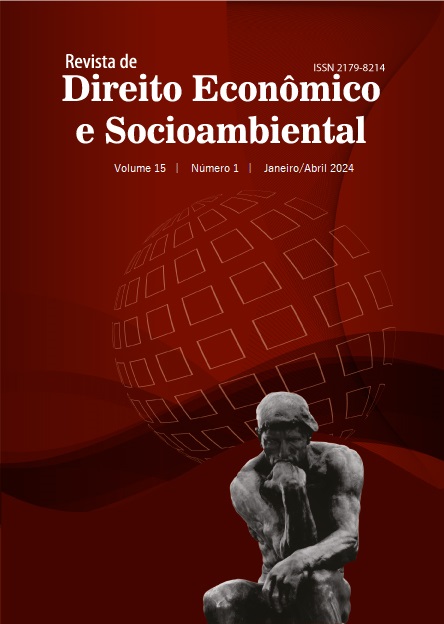Post-agreement in Colombia, an alternative for economic development
DOI:
https://doi.org/10.7213/revdireconsoc.v15i1.31271Keywords:
economic development; peace; agriculture; tourism; Colombia.Abstract
Peace agreements are an essential tool to end armed conflicts and promote economic development. This research carries out an analysis of how the Post-Agreement in Colombia becomes an alternative for economic development, with greater economic benefits in departments that historically and geographically have suffered the consequences of the war. The methodology used is of a descriptive analytical nature and the main conclusion found is that, since the signing of the Final Peace Agreement in Colombia, economic activities such as tourism and agriculture have benefited. The support of the State through increased royalties and private companies with the generation of new jobs for victims and ex-combatants is seeking to improve the social conditions of the population in the ZOMAC (areas most affected by the conflict). However, it is imperative that the national government continue to strengthen peace in Colombia as an essential factor for economic, social and political progress.
Downloads
Downloads
Published
How to Cite
Issue
Section
License
Copyright (c) 2024 José Rosario Grueso, David Mendieta

This work is licensed under a Creative Commons Attribution 4.0 International License.
Authors who publish in this Journal agree to the following terms:
- Authors retain copyright and grant the Journal of Economic and Socio-Environmental Law the right of first publication with the article simultaneously licensed under the Creative Commons - Attribution 4.0 International which allows sharing the work with recognition of the authors and its initial publication in this Journal.
- Authors are able to take on additional contracts separately, for non-exclusive distribution of the version of the paper published in this Journal (eg.: publishing in institutional repository or as a book), with a recognition of its initial publication in this Journal.
- Authors are allowed and encouraged to publish their work online (eg.: in institutional repositories or on their personal website) at any point before or during the submission process, as it can lead to productive exchanges, as well as increase the impact and the citation of the published work (see the Effect of Open Access).





















